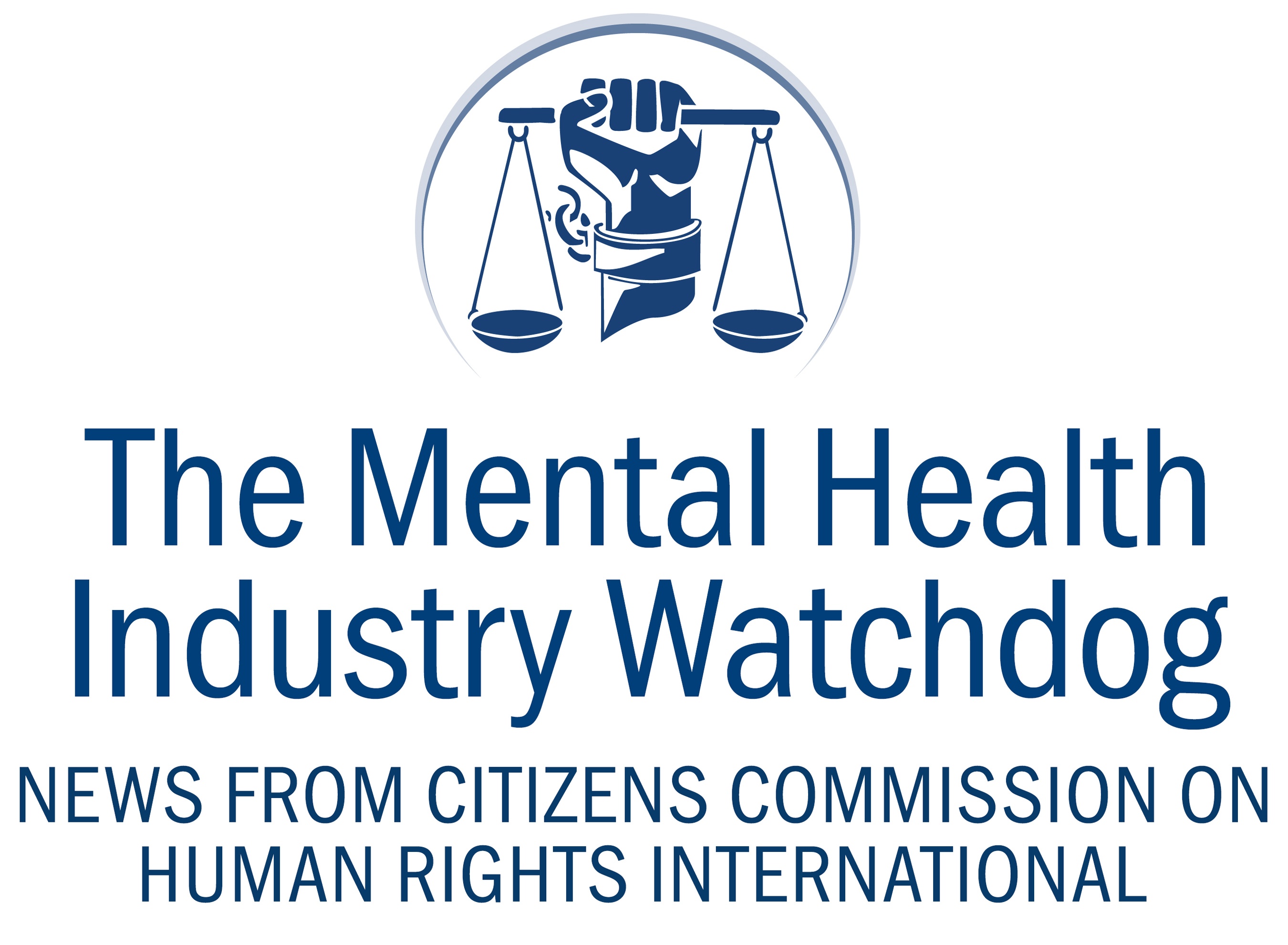Quality of health care is a big topic these days; with the majority of news stories covering how we are all going to get our hospital bills paid and our prescriptions filled. But there is a conspicuous absence of any discussion of over-treatment and the over-selling of false diagnoses and dangerous prescription drugs. Once you find out about the diagnosis, tests and treatments that are offered, you can make decisions about accepting it, or not. This is called Informed Consent.
In the case of medications, the minimum your doctor should tell you is based on the information made generally available by the drug manufacturers. However, you should expect that your doctor is aware of any pertinent medical issues beyond what the pharmaceutical companies tend to provide.
This is the minimum your doctor should explain so you can give informed consent:
- What is the evidence for the diagnosis?
- How does the treatment affect the body?
- How does the treatment affect the mind?
- What unwanted effects may occur?
- Is it approved by the FDA for your condition?
- What is known and not known about how safe it is and how well it works?
- What are the alternatives, including the option of no treatment?
- Does your doctor or the clinic have a financial interest in pushing the diagnosis or treatment?
You can make your doctor work for you. Demand information and get key questions answered. Doctors are supposed to give every bit of this full information to each patient they diagnose, test, operate on or prescribe for, so that the patient can give informed consent. In fact, they are required to do so by federal guidelines, state statutes and medical society ethics codes.
Your role in the process is to get any questions answered. Then you can carefully consider the information you have been given.
You may feel more comfortable taking the information home before making a decision about agreeing to the proposed treatment.
Be a part of the decision-making process when your doctor offers a drug:
Get a thorough understanding of what he or she is prescribing and why.
Ask exactly what the drug is and why it has been chosen for your condition. How does it work?
Find out if it is new on the market. If so, why was it chosen over older drugs?
Find out if the drug is safe to take:
How will this drug interact with your other medications or over-the-counter drugs or natural remedies you are taking?
What does your doctor personally know about the safety of the drug? How long was it tested? How long were patients followed after taking it to determine if they developed bad effects? Has the FDA published any reports of adverse effects?
Why is a new drug being prescribed instead of an older similar drug with a proven safety record?
Ask about how well it works:
Has the proposed drug been proven to be effective for your particular condition?
What is the drug effectiveness in comparison to no treatment; in comparison to older drugs; in comparison to alternate drugs; in comparison to non-drug treatments such as diet, rest, and vitamins; in comparison to herbal or natural remedies?
If your doctor provides any of the following answers, it should give you strong reservations about giving informed consent and accepting the diagnosis or taking the drug:
There is only a checklist of symptoms or other peoples’ opinions to make the diagnosis. There is no abnormality of blood, tissue or biochemistry that can be shown to you.
Your doctor is unclear about the mechanism of action of a drug (what it is doing inside the body). Either the mechanism is not known and only guessed at, or your doctor doesn’t understand it.
The drug was approved within the last two years. Thus it lacks an extensive safety record in the general population.
Your doctor doesn’t know of any adverse effects aside from what he reads along with you in the package insert. Since your doctor has not looked at the FDA website of adverse drug events he or she knows of no warnings to give you. This is something you will have to question carefully to see if your doctor is saying, “I know there are no special warnings to give you” or if your doctor is actually expressing, “I don’t know of any special precautions (because I haven’t bothered to look, all my data comes from the manufacturer’s glossy brochures).”
Your doctor is writing with a drug-maker emblazoned pen, jotting on a note pad sporting the logo of the drug manufacturer or carrying a coffee mug advertising the latest. These are indications of a heavily drug salesman-infiltrated office, and may well reflect an inordinate reliance on sales talk in the absence of careful review of the scientific pharmacologic information.
The drug is a look-alike version of an older drug. This is offered to you at much greater expense without obvious medical advantage.
On occasion your doctor may have to honestly say, “I don’t know, I’ll go find out some answers for myself and for you.” However, be alert if your doctor is offended or becomes patronizing. In that case you can expect that you have tread into some areas in which he or she feels challenged or uncomfortable, and may not be ready to be thoroughly frank with you. Then again, sometimes the answer to these questions remains some version of, “I don’t know about the details of safety and effectiveness,” but he or she still feels you should take the drug. In this case you will have to carefully consider the unknowns and make your decision.
You can only really be in charge of the quality of your health care when you have the opportunity for full informed consent.









Leave A Comment
You must be logged in to post a comment.